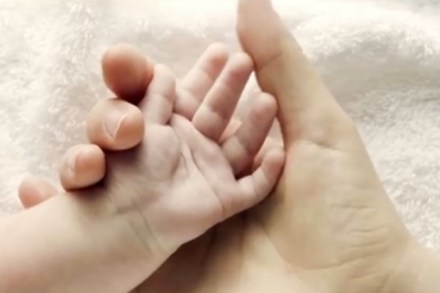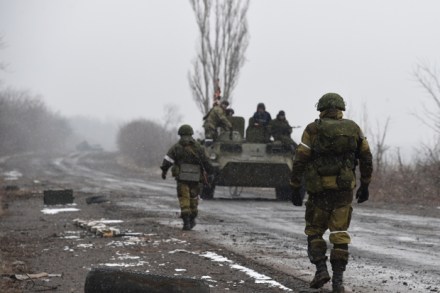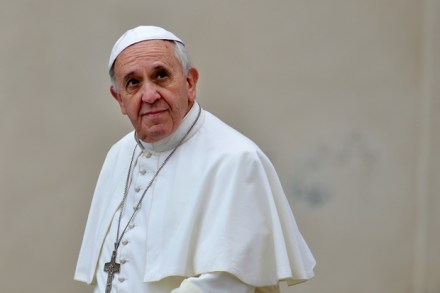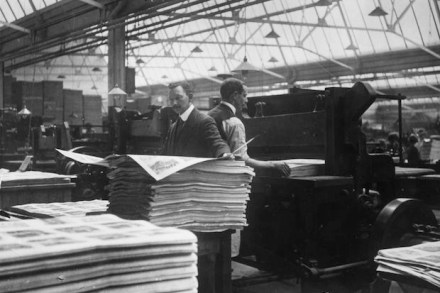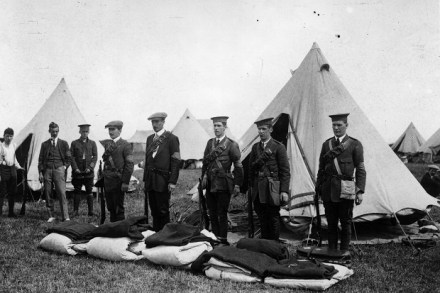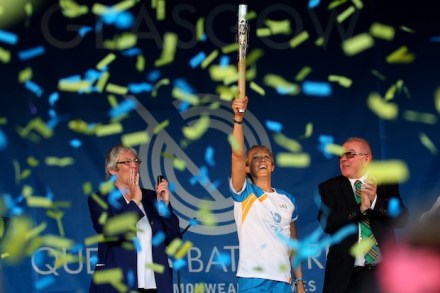As a gay atheist, I want to see the church oppose same-sex marriage
I see. So now we have the result of the Irish referendum on gay marriage, and now we’ve heard the Roman Catholic Church’s chastened response, we shall have to rewrite Exodus 32, which (you may remember) reports Moses’ (and God’s) furious reaction to the nude dancing and heretical worship of Moloch in the form of a golden calf: the Sin of the Calf in the Hebrew literature. Moses had come down from Mount Sinai bringing God’s commandments written on two tablets of stone. ‘And it came to pass, as soon as he came nigh unto the camp, that he saw the calf, and the dancing: and Moses’ anger waxed hot…






